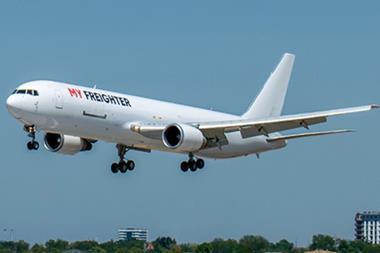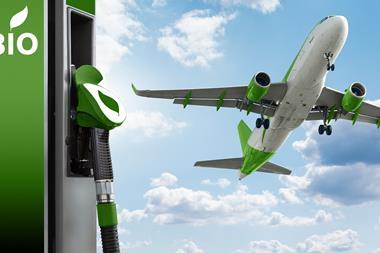Earlier this week, the board of directors of Indian airline Jet Airways met to announce the company's financial results for the first quarter of its 2019 financial year (which coincides with the calendar year).
The board also discussed various cost-cutting measures, debt reduction and funding options, and tasked the airline’s management with moving ahead on various money-saving options.
Jet is now in the process of implementing a range of measures designed to reduce costs and achieve greater efficiencies of operations as part of a ‘Turnaround Strategy’; those measures include:
- ·A comprehensive cost reduction programme that takes in savings to be made in areas such as: maintenance; selling and distribution; fuel rates and optimisation; debt and interest; and in the enhancement of crew and manpower productivity
- The induction of fuel- and cost-efficient Boeing 737 MAX aircraft.
- ·A revenue enhancement programme that will involve tactical and strategic initiatives in the areas of network, pricing, inventory management and sales
- ·Product and service improvements that will provide choice and flexibility to customers “in line with global best practices and standards”
- ·Fleet simplification, including the wet-lease (ACMI) of excess ATR aircraft and simplification of sub-fleet complexity of B737s to result in further improvements to the bottom line
For the quarter ending June 30, Jet Airways Group reported a net loss of INR1,326 crores, which compared unfavourably to a net profit of INR58 crore achieved in the first quarter of the 2018 financial year.
For the period April to June 2018, the airline reported earnings (specifically, earnings before interest, taxation, depreciation, amortisation and restructuring, or EBITDAR) of INR52 crores, compared to an EBITDAR of INR870 crores in the first quarter of the 2018 financial year.
However, the picture in terms of cargo was much more positive. Cargo revenue rose by 19.2% to 515 crores compared to the quarter of the financial year.
According to the carrier, macroeconomic factors such as the increase in Brent fuel prices, the depreciating rupee and the resulting mismatch between high fuel prices and low fares primarily undermined Jet’s performance in the quarter.
Developments
During the quarter, the airline inducted the first B737 MAX aircraft into its fleet, with another 10 expected during the rest of this year. The B737 MAX is expected to enhance the airline’s operational reliability and also reduce its sub-fleet complexity, while reducing costs.
The carrier intends to introduce a total of 225 fuel-efficient B737 MAX aircraft into its fleet over the coming decade, both to replace older aircraft and to expand its fleet and network footprint.
In June, Jet Airways launched three of the four new routes that the airline has been awarded under the Indian government’s Regional Connectivity Scheme (RCS), deepening its domestic connectivity and adding Allahabad to its pan-India network.
On the international side of the carrier’s network, the airline announced that it is to inaugurate India’s first-ever service between Mumbai and Manchester in the UK. The latter will be the 21st city to be served on Jet’s international network.
The new five times a week service will launch in the winter schedule on November 5.
Jet also strengthened connectivity between Dhaka and Delhi by the launch of an additional service between the two countries during the quarter.
Recovery
Naresh Goyal, the chairman of Jet Airways, said he was sure that the changes proposed by the board “bode well for the long-term financial health and sustainability of the airline”.
And a spokesperson for the Etihad Aviation Group, which has a 24% stake in Jet, emphasised: “We remain committed to our strategic partnership with the airline as it explores and leverages the opportunities presented by the growing Indian aviation market.”
Jet currently operates flights to 66 destinations, in India and overseas. Its international destinations are to be found in Southeast Asia, South Asia, the Middle East, Europe and North America.
The Jet Airways Group currently operates a fleet of 121 aircraft, comprising B777-300ERs, Airbus A330-200/300s, the latest B737 MAX 8, Next Generation B737s and ATR 72-500/600s.










